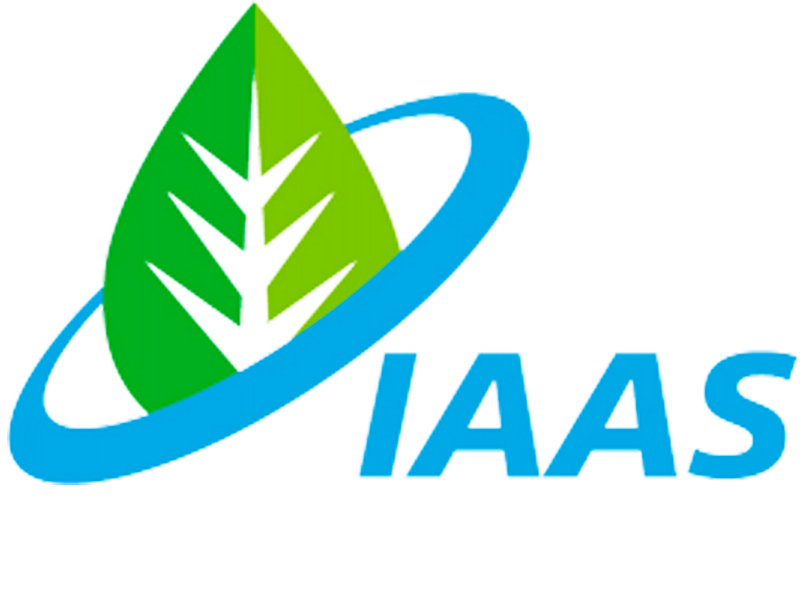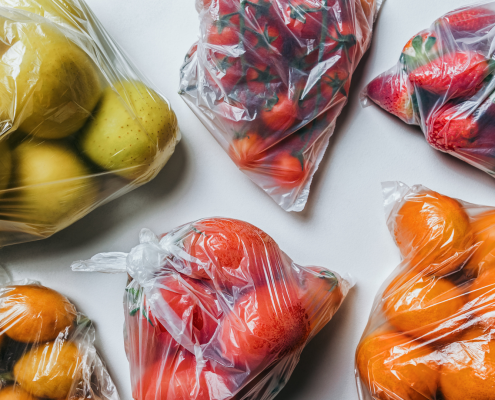Toward an integrated solution for a sustainable global food system
By Prof. Tzong-Ru Lee and Ms. Magdalee Brunache
When people talk about the unsustainability of modern food systems, they can be speaking about the necessity to increase food production amid declining productivity; the importance of improving diet’s quality; the need to reduce the environmental impacts of our food production systems; or the fact that we need to increase food security and access as well as social justice in food production.
Thus, it appears clearly that our global food system necessitates a complete rethinking to meet the diverse but interlinked challenges that it is facing today. Solving any particular aspect of the problem at hand will not be an easy feat. Dieticians and nutritionists have been advocating for cutting back on milk and dairy consumption while increasing that of fruits and vegetables. Agricultural scientists and farmers have been the ones working to prevent a Malthusian-type catastrophe (poverty and depopulation as the population growth outpaces agricultural production).
Because of the imminent threat of climate change and the realization that agriculture is one of the greatest emitters of greenhouse gases, focus on reducing the environmental impacts of agriculture has significantly increased and solutions are evaluated in universities, governments and agricultural research centers. Lastly, through rural development strategies, governments generally tackle the difficulty of ensuring food access for disadvantaged groups and strive to minimize income gaps in the food supply chain.
However, integrated solutions that consider in a single frame different sides of the food system problem would likely achieve lasting results. There are linkages between the nutritional and the environmental aspects, for example. Healthy, diverse diets that include an abundance of fruits and vegetables are beneficial for the environment because they increase species diversity while reducing demand for meat that comes at a huge cost for the planet.
Besides, strategies that can help farmers improve their livelihoods and decrease the perpetual uncertainty that they regularly face regarding food and income can positively influence the environment by lowering the occurrence of deforestation and raise farmers’ willingness to adopt eco-friendly production systems that may be less productive.
Evidently, there can be concurrence between goals like how we mentioned that some eco-friendly practices could hinder the objective of raising food production. Nonetheless, these questions need to be raised so we can find better and comprehensive solutions.
2021 International Agriculture Innovation Conference (IAIC 2021) works with researchers, policymakers and experts in food systems sustainability to provide a platform where discussions and knowledge sharing can occur towards a more sustainable global food system. Register now and we hope you can join us in our IAIC 2021 Conference!
For more details, please visit: http://iaic2021.iaas.org.sg/
> Source:By Prof. Tzong-Ru Lee and Ms. Magdalee Brunache



 Canva @ RNMitra /CC0 Public Domain
Canva @ RNMitra /CC0 Public Domain Seaweed cultivation on beach, Zanzibar, Tanzania, Elleon
Seaweed cultivation on beach, Zanzibar, Tanzania, Elleon